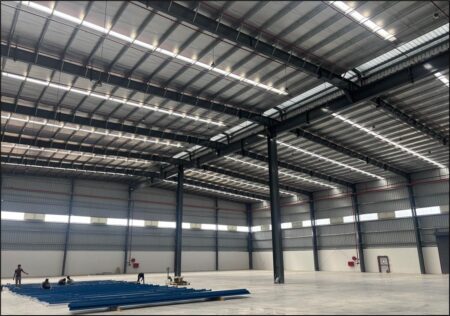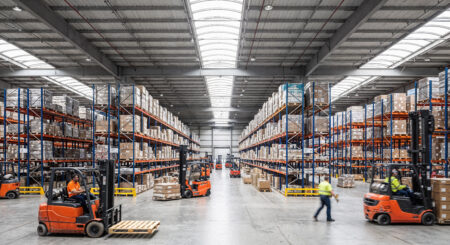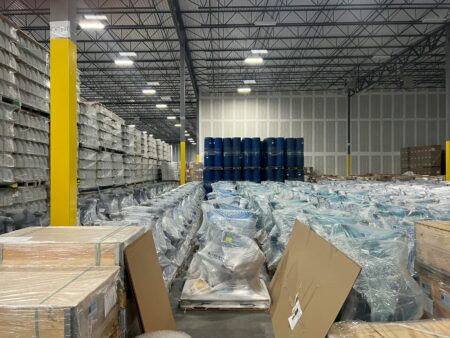The Indian warehousing sector has experienced remarkable growth and transformation in recent years, largely due to increased involvement and investment from the private sector. These partnerships are vital for developing modern infrastructure, adopting advanced technologies, and enhancing efficiency across logistics and supply chain networks.
Key areas of private sector partnership
1. Public-Private Partnerships (PPPs)
- Exclusive Warehousing Zones: The Indian government, through the National Highways Authority of India (NHAI), is establishing exclusive warehousing zones under the PPP model. These zones aim to enhance logistics efficiency by providing modern warehousing facilities with cold storage for both wet and dry cargo. Private entities are invited to develop these zones on a revenue-sharing basis or for a fixed fee.
- Multi-Modal Logistics Parks (MMLPs): Another critical area of PPPs is the development of MMLPs. These parks integrate different modes of transport such as road, rail, and waterways, providing seamless logistics solutions. The involvement of private players in developing these parks ensures the infusion of advanced technology and efficient management practices.
2. Investments and infrastructure development
- Private Investments: There has been a surge in private investments in the warehousing sector, driven by increased demand from e-commerce and retail industries. Companies like Amazon and Flipkart are significant investors in warehousing infrastructure, catering to the growing need for storage and distribution centres.
- Real Estate and Industrial Parks: Private real estate developers and industrial park operators are increasingly investing in warehousing facilities. These developments are often strategically located near major transport hubs to facilitate the easy movement of goods.
3. Technology and innovation
- Adoption of Technology: Private sector involvement brings advanced technologies into the warehousing sector, such as automation, the Internet of Things (IoT), and data analytics. These technologies enhance operational efficiency, improve inventory management, and reduce costs.
- Green Warehousing: Private partnerships also focus on developing eco-friendly warehouses. These facilities use sustainable practices and renewable energy sources to minimise their environmental impact, aligning with global best practices.
Benefits of private sector partnership
- Efficiency and Cost Reduction: The involvement of private players leads to the adoption of best practices and efficient management techniques, reducing logistics costs and improving overall supply chain efficiency.
- Modern Infrastructure: Private investments help in developing state-of-the-art warehousing facilities equipped with the latest technologies, catering to the dynamic needs of various industries.
- Economic Growth: Enhanced warehousing infrastructure supports broader economic growth by improving the logistics sector, making it more competitive on a global scale.
Private sector partnerships are playing a pivotal role in transforming India’s warehousing sector. Through PPPs, substantial investments, and the adoption of advanced technologies, these partnerships are set to drive the sector towards greater efficiency, sustainability, and growth. Continued collaboration between the government and private entities will be crucial in achieving the ambitious targets set for India’s logistics and warehousing industries.











